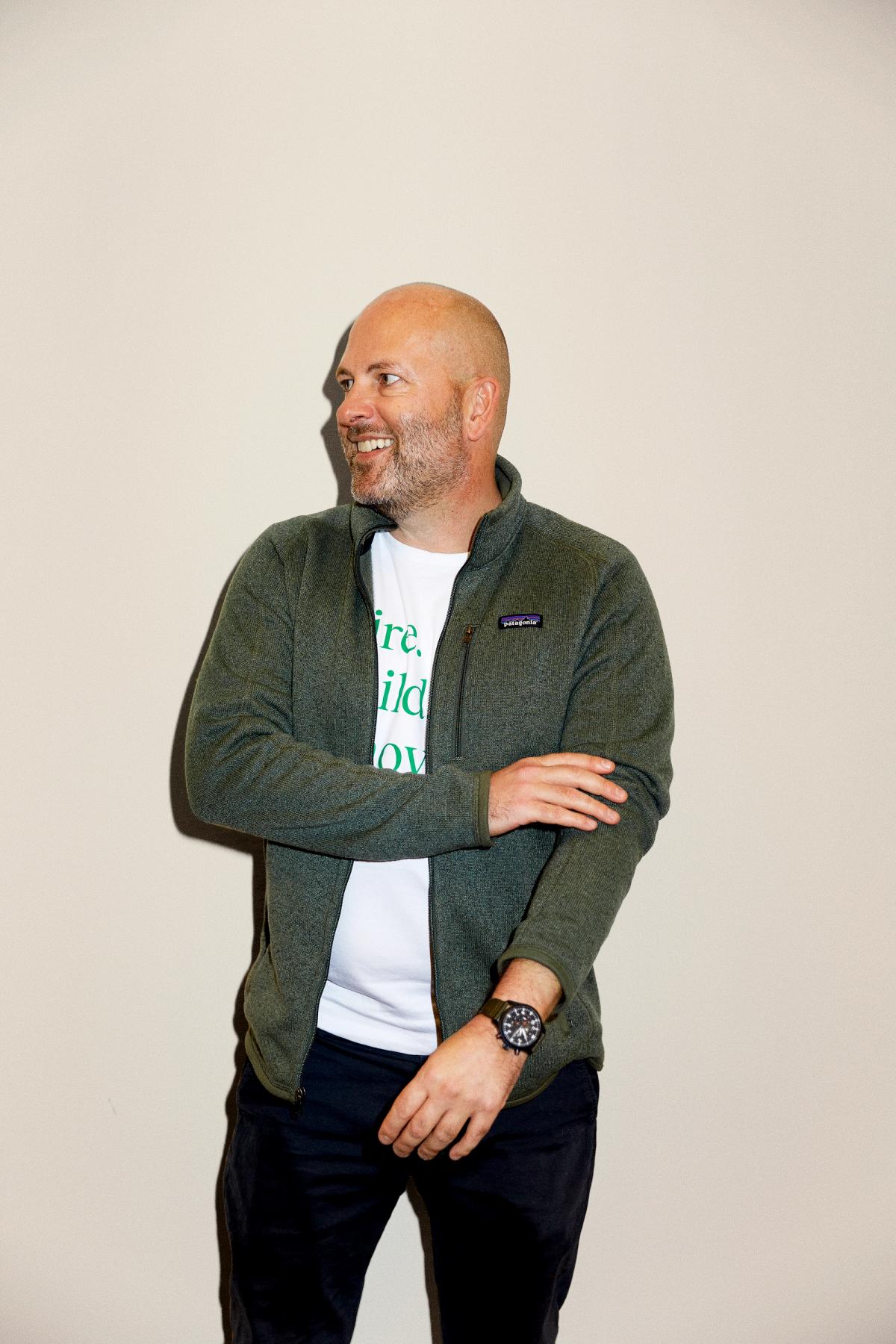How to ace your interviews as a candidate

If you are one of the many people who have been terminated in the past couple of months — or if you’re just looking for a new opportunity — an inevitable part of the recruitment process is the interview. Not just one interview but often 3–5 interviews with different people, different angles, and different scopes.
This piece helps you ace those interviews so that you can land your dream job.
Interviewing is a funny thing. To ace an interview you not only have to be technically proficient (whatever the role), and appear reasonably confident that you can actually do the job. You also do not want to come across as desperate. For those who are simply interested in a new opportunity, if the right one appears, it is a lot easier to accomplish than if you are jobless and need a job asap. That potentially poses a bit of a challenge— most people interviewing in the current market are doing so at a time when they are effectively jobless, which for some a least makes it a lot more challenging to exude confidence.
Employers are typically looking for something like the following output from an interview process:
- Does the candidate have the experience and theoretical background/education, that they are looking for?
- Does the candidate have the skillset, that they are looking for? As an example, experience would be a driver's license, while the skillset would be the ability to drive well.
- Is personality, such as being an extrovert/introvert, doer/thinker, a fit?
- Attitude — is there alignment on culture, values, and the way of working? Is management style compatible? Is there fundamental alignment on whether onsite, hybrid or remote is the “right” way to work?
- Motivation. For most employers, motivation is super important — why would you like to work there? Are you interested in what they do? Do you share their values? Do they solve an important problem?
Advenio behaviour model
Each interview typically focuses on one or more of the areas above, and you maximize your chances of getting to the next stage if you come prepared. Very few recruitment processes are based on just one interview, so rather than focusing on getting the job after the first interview, my advice would be to focus on getting to the next stage of the process.
A great way to prepare for an interview is to identify the potential gaps there might be between you and the opportunity you are after. Try forming one or more hypotheses regarding doubts the interviewer might have, and prepare solid answers to cover them. I experience a lot of candidates, who have a very strong focus on their core strengths, and try to avoid questions regarding potential gaps or weaknesses — my advice would be to do the complete opposite. Most skilled interviewers will move to the next subject, as soon as they have the information they need, and dwell longer on subjects, where they are skeptical. As a basic example — if the job description highlights expected experience as 3–5 years, and you have 2 years of experience, try to bridge that gap. Do you have any other relevant previous experience? Do you have any hobby/side projects etc.?
Most candidates underestimate how much emphasis employers put on motivation. Many of the companies we work with, would take a top-motivated junior candidate any day of the week, instead of a more senior candidate with poor motivation. Even if you are more passionate about the job itself than the problem they are solving, you will almost always make a better impression, if you are positive and have actually spent time understanding what they do, why it is important, and why you would like to join.
Last but not least — rinse and repeat. You might have to go through more than one recruitment process to land the right job, so please take each and every one of your interviews as a learning experience. What went well? What went wrong? And don’t be afraid of asking the interviewer if you get rejected — most interviewers are happy to provide detailed feedback so that you can ace your next round of interviews.
Sometimes interviewing can take its toll on time and energy, and it’s easy to become frustrated and demotivated. But remember — even if an opportunity is a great match and you did everything to prepare, sometimes there is just a candidate who is 0,5% closer to what they are looking for.
And if you’re that close, you’ll win the next round!
